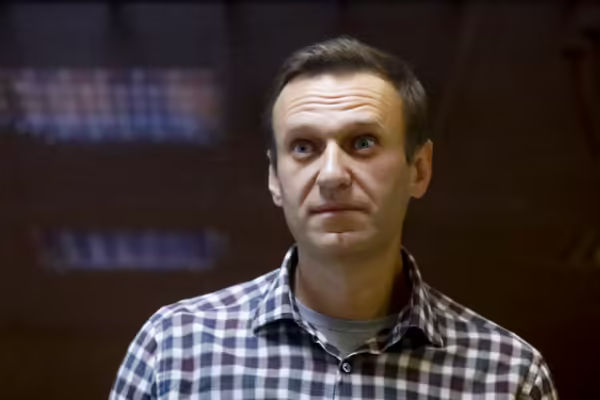Alexei Navalny, one of the fiercest critics of Russian President Vladimir Putin, was found guilty of fraud on Tuesday, the state media reported. However, this was not the first time Navalny has faced a challenge in Russia.
Navalny, 45, has also acted as a pivotal factor in determining Russia’s image and foreign policy. United States President Joe Biden had just taken over the White House when protests in support of Navalny erupted across the world.
Also Read: Mass protests called across Russia to ‘save Navalny’s life’
Navalny, a lawyer turned anti-corruption campaigner, is hospitalised on August 20, 2020 in Omsk, Siberia, after losing consciousness during a flight. Put into a medically induced coma, he is transferred two days later to a Berlin hospital at his family’s request.
Two days later the Kremlin rejects claims it was behind the poisoning. Berlin says on September 2, 2020, that tests carried out by a German army laboratory yielded “unequivocal evidence” that he was poisoned with Novichok, a Soviet-era chemical weapon. Navalny emerges from coma on September 7, according to reports from AFP.
On September 7, 2020 Navalny emerges from the coma.
The Kremlin critic said he will return home even though he had been informed he would be imprisoned. Authorities take him into custody on January 17, 2021.
Protests break out in Russia and slowly spread across the globe. Western countries also started pitching in support for Navalny.
Also Read: At Olympics and beyond, getting away with it is Russia’s way
The European Court of Human Rights orders Russia to release Navalny “with immediate effect” on February 17. Russia accuses it of “interference”, according to reports from AFP.
Navalny is currently serving a two-and-a-half-year sentence in a detention center east of Moscow after being arrested upon his return to Russia in February 2021, a verdict he said was politically motivated.







